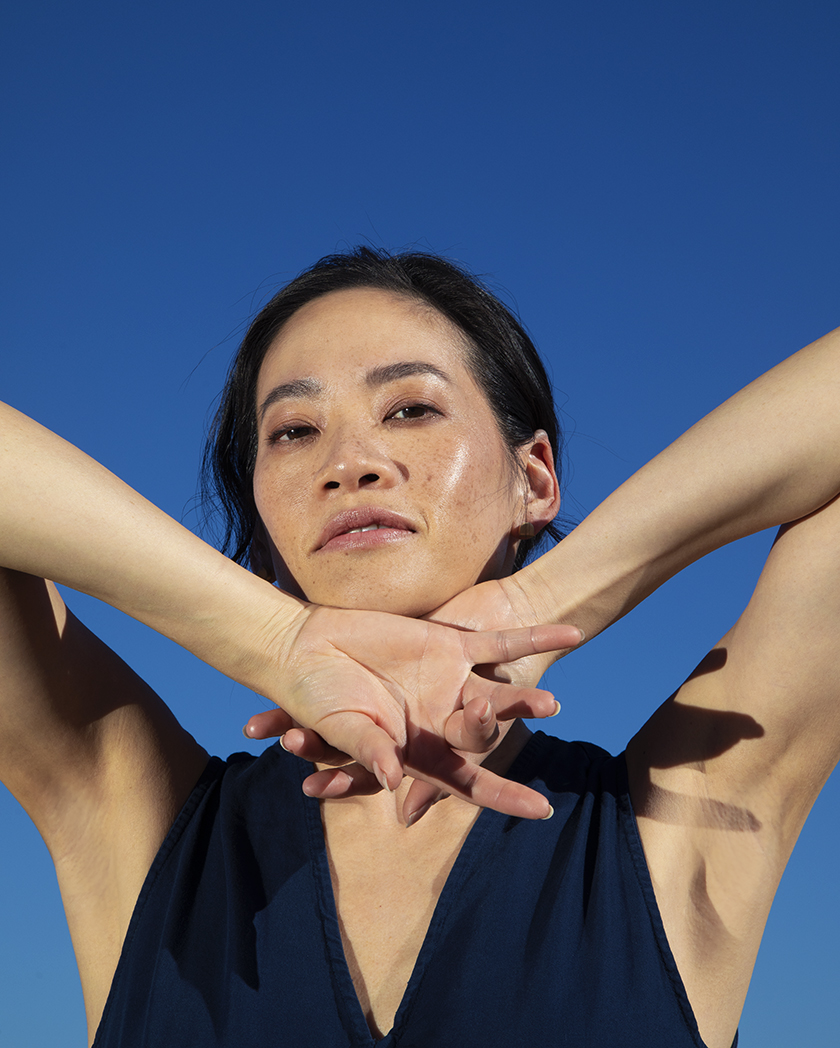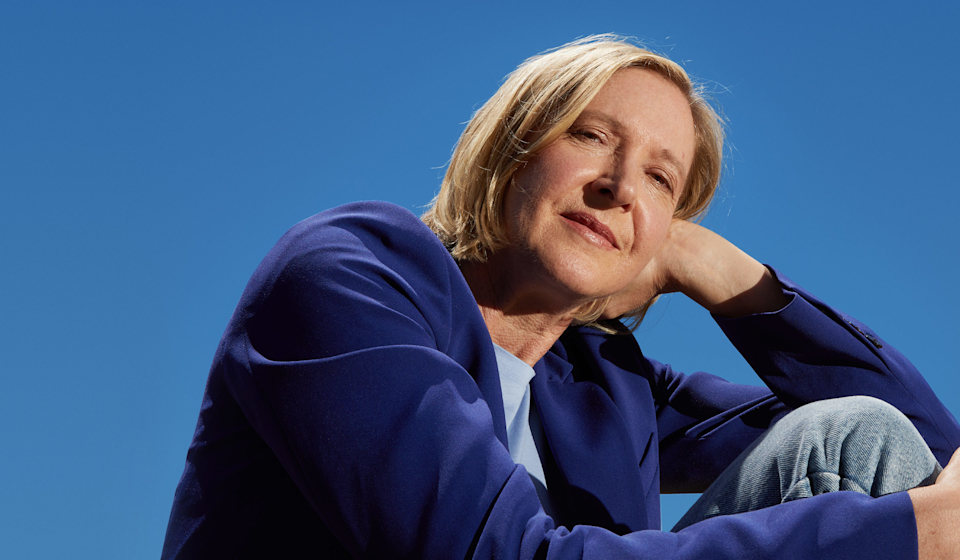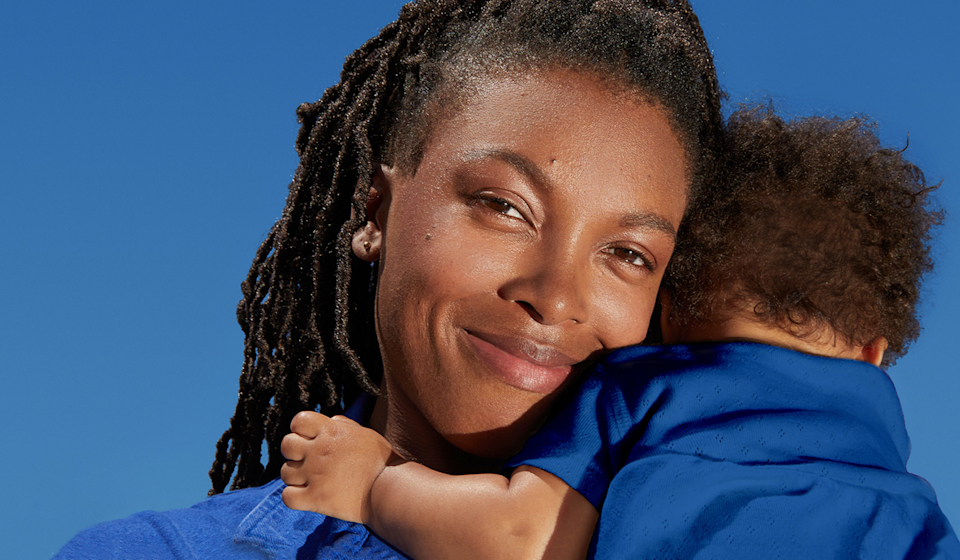Essential Takeaways
- Dr. Melissa Poh, MD, is a reconstructive plastic surgeon who has spent her career working with patients of all kinds. As of a few years ago, she spearheads a transgender surgery program with a major hospital in LA.
- Poh’s work has given her unparalleled access to the intricacies of human perseverance—and some truly meaningful stories of survival.
The greatest tool in a woman’s toolbox isn’t a cosmetic or a brush. It’s self-determination—the daily commitment you make to yourself and your future, and the hard work and rituals that create the foundation for that journey. Make Your Self is a series that spotlights the stories of women who fiercely embody this relentless pursuit.
You could certainly argue that Dr. Melissa Poh’s career doubles as a masterclass in human resilience. A reconstructive plastic-surgeon based in Los Angeles, Poh spent nearly a decade helping patients through different kinds of trauma before she was tapped to head the transgender surgery program at a major hospital in Los Angeles a few years ago. It’s work that has required her to seek training in a complex procedure that still isn’t taught in most medical school curriculums, and to spearhead one of just a handful of programs of its kind across the country.
But it has also allowed her to offer access to a life-changing surgery that was prohibitively expensive to most just a few years ago—in effect, offering a front row seat to stories of unthinkable perseverance. “In the past, these surgeries were not really at academic institutions,” she says. “They were done in private practices. And unfortunately it wasn't covered by insurance, so patients would have to pay out of pocket. You learn a lot of the hardships that people have gone through, especially the older trans women or trans men and what they had to endure to get to where they are today.”













